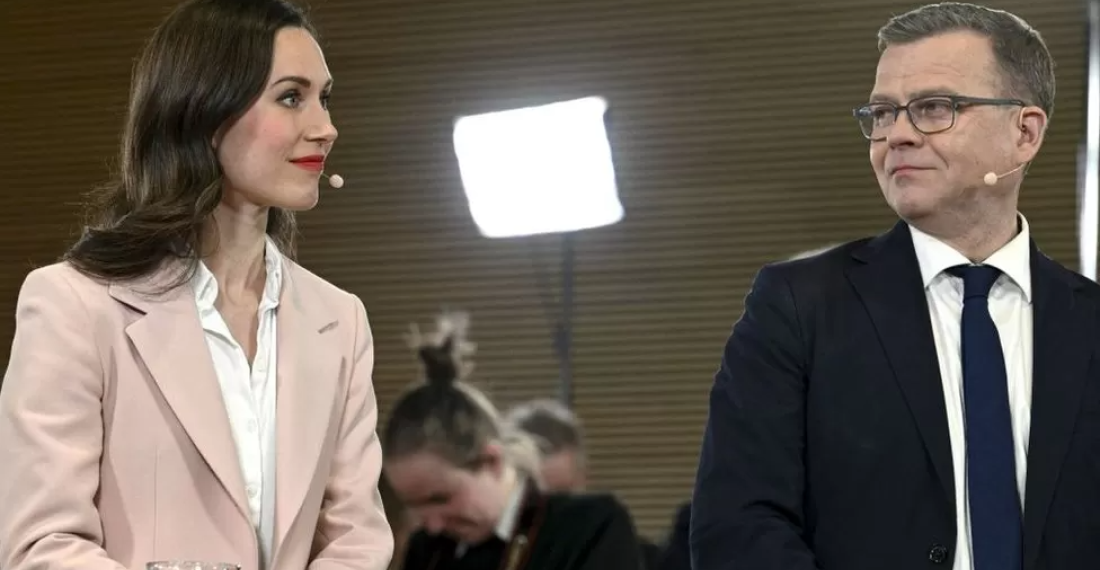The Finnish conservative National Coalition Party has won a tight three-way parliamentary election on Sunday (2 April), defeating the incumbent Prime Minister Sanna Marin's centre-left Social Democrats.
The National Coalition Party, led by Petteri Orpo, won 20.8% of the vote, ahead of the right-wing populist Finns Party led by Riikka Purra, who won a record 20.1%. Sanna Marin's Social Democrats came in at a very tight third place, winning 19.9% of the vote.
"We got the biggest mandate," said Petteri Orpo after the results came in. "I think Finnish people want change. They want change and now I will start negotiations, open negotiations with all parties."
Shortly after Orpo claimed victory, Marin conceded defeat.
"Congratulations to the winner of the elections, congratulations to the National Coalition Party, congratulations to the Finns Party. Democracy has spoken," said Marin.
Meanwhile, Riikka Purra was delighted with the best result in her party's history, saying, "we're still challenging to be number one, but seven more seats is an excellent result."
NATO membership
The Finnish parliamentary elections came only days after Turkey became the final current NATO member to approve Finland's membership in the alliance. However, despite this, the election was largely fought on Finland's economy and public debt as all the mainstream parties backed NATO membership.
Many Finns see incumbent Prime Minister Sanna Marin as a polarising figure. Last year, Marin was criticised when a video emerged of her singing, dancing and drinking at a party. Her supporters argued that the controversy over the video was steeped in sexism, and women across Finland and the nordic states subsequently posted videos of themselves dancing on social media in soliarity.
Petteri Orpo, on the other hand, is a career politician, and has been described, and indeed sometimes criticised, as being "stable", "calm", and "dull".
To form a government, Orpo's National Coalition Party will have to form a coalition of over 100 seats to control the 200-seat parliament.






